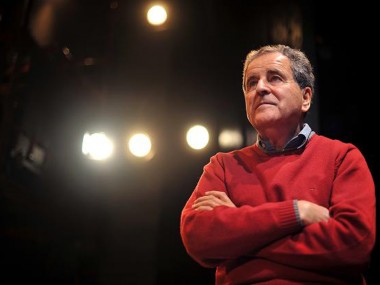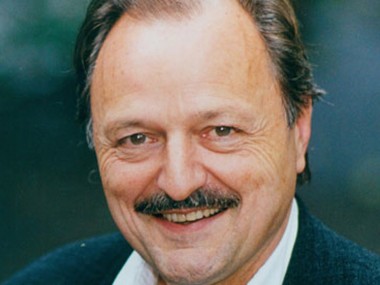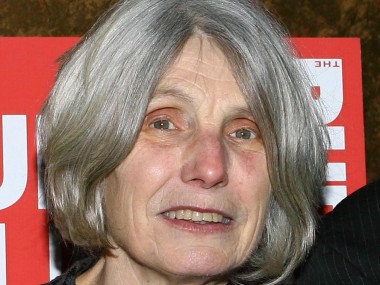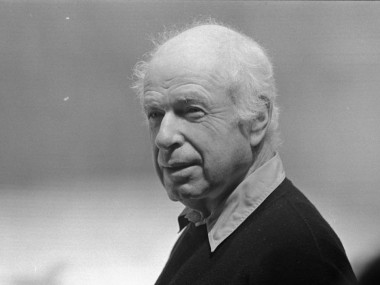P’yongyang, Finborough Theatre
Thursday 7th January 2016
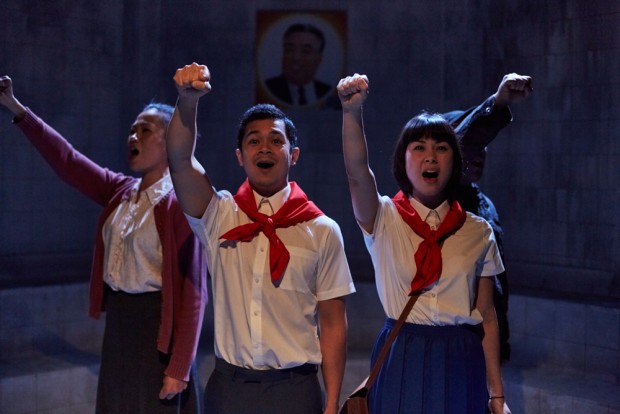
Does Neil McPherson, artistic director of this fringe venue, have a direct line to the North Korean capital? In an uncanny coincidence he is opening In-Sook Chappell’s new play about everyday life in the Big Brother state in the same week as North Korea has announced that it has tested a hydrogen bomb. Similarly coincidental is the fact that Mia Chung’s You for Me for You, another play on a very similar subject, is still running at the Royal Court. Both of these studio plays paint a very similar picture of the deprivations visited on ordinary citizens.
P’yongyang, which was shortlisted for the 2013 Bruntwood Playwriting Prize, tells the story of two budding actors, Chi Soo and Eun Mi, who both dream of making it in the capital, but are separated by the realities of life in North Korea. In the first scene, set some time at the end of the 1980s, we meet the confident boy Chi Soo, who appears to be a perfect young Communist, as he talks to the more gawky and shy Eun Mi, a girl who wants to train as an actor. As they both audition to enter the prestigious University of Cinematic and Dramatic Arts, an attraction develops between the pair.
But their dreams of working in cinema, with Chi Soo writing scripts for films that Eun Mi will star in, are immediately defeated when it is revealed that the boy’s father is originally from South Korea and that he therefore fought on the wrong side in the Korean War of the 1950s. This makes the whole family “enemies of the people”, with the result that their son cannot go to P’yongyang. Instead, Chi Soo joins his father working the mines. Meanwhile, Eun Mi gets work as an actor, and she falls under the influence of the sinister Producer, who bears an unmistakable likeness to a Kim Jong-Il, the beloved Leader and a cinephile in real life.
Eun Mi’s work as an actor involves sex time as well as screen time, and both the class system of North Korea and the deep surveillance of the state are deftly outlined here. But not everything is gloomily serious. The two main characters, Chi Soo and Eun Mi, act out parodies of the clichés of North Korean cinema — and music and dance sequences suggest light comparisons between the propaganda machines of both East and West (Hollywood). Chappell also contrasts vividly the privileged life of the elite, all of whom are dependent on the good will of the paternal Leader, and suffer various humiliations, with the extreme famine and poverty of ordinary people.
Like a contemporary Romeo and Juliet, this is a tragic epic which spans three decades, ending in 2011, and is only alleviated by flashes of bleak humour. Amid the details of horror, Chappell adds some nice symbolic touches, such as when the Producer teaches Eun Mi how to act convincingly, when the starving Chi Soo gets the unexpected gift of a tangerine and when, on the CD player, Celine Dion belts out the song from Titanic. What is less convincing is Chi Soo’s complete ignorance of his class status at the start of the play, and the story’s repeated assertion of hope — which will appeal more to warmhearted idealists than to cynical pragmatists.
Chelsea Walker’s fluid production, on Max Dorey’s concrete-hard set, combines brutal reality with touches of delicacy, and the four-strong cast — Chris Lew Kum Hoi (Chi Soo), Anna Leong Brophy (Eun Mi), Daniel York (Chi Soo’s father and Producer) and Lourdes Faberes (Chi Soo’s mother and Eun Mi’s friend Min) — are all good, with the two principals making a compelling journey from naivety to experience. Despite some clumsy, if necessary, exposition at the beginning, the evening grows into a rather moving account of how youthful ideals get trampled by the exigencies of survival in a vicious state.
© Aleks Sierz

